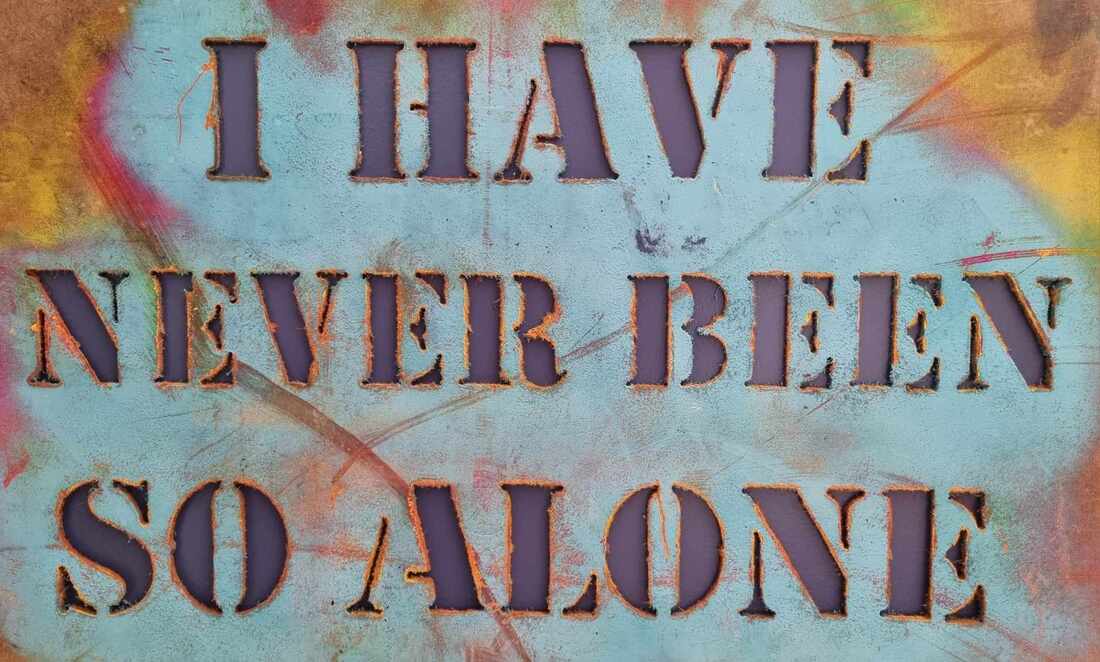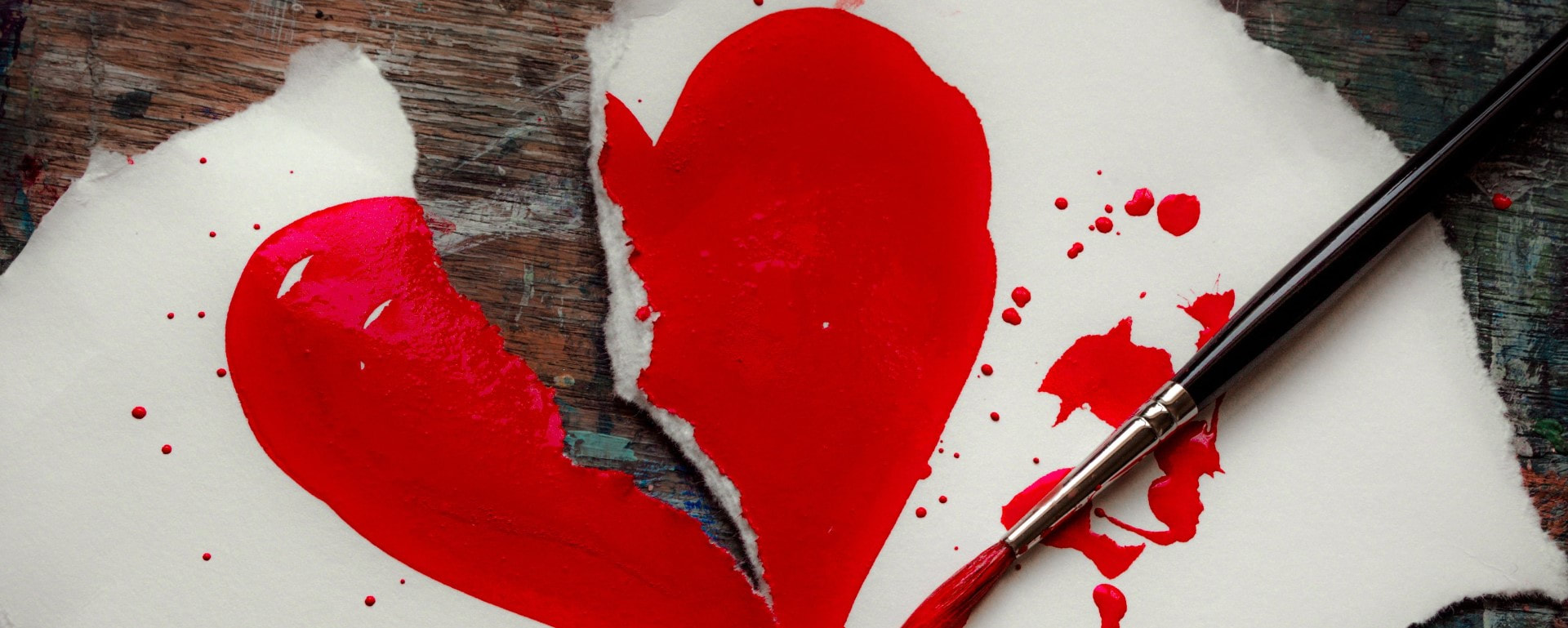|
There are all kinds of widows.
Grieving is incredibly tiring. Grief hurts physically. You can be really thirsty in the raw days of grief. There's no one normal in grief - how you grieve is normal for you, two people's grief are the same, and no-one should ever tell you how to grieve. You are not responsible for anyone else's grief. Grief does not have a timeline. Grief is not linear. The people who you thought would step up aren’t always the ones you expect. You become responsible for everything, from what you have for tea to running the household. People make you a lot of tea. You lose your past, your present and your future. Grounding techniques can actually work. Your perspectives change. Your people change. Widow’s brain is real. Skin hunger/touch starvation is real. Heartache and yearning are real. Loneliness is real. The world carries on without them. The run up to a milestone day can be worse than the day itself. All of the firsts aren't necessarily over in the first year. You miss having someone to do nothing with. Life is now before and after, and will never be the same again. You will never be the person you were before - and that can be both positive and negative. Sometimes I feel like I'm living two parallel lives. It can be the loss of the little things that hurt the most. People say the most ridiculous things, but they also say the loveliest things. It’s okay to be really angry. It’s okay to have widow’s fire. Your appetite can increase or decrease, and cooking for one is hard after you've cooked for two. Retail therapy sometimes works - but it's not a good long term plan. It’s okay to not clean the house, or leave the washing up until Thursday. It's okay to say no. Celebrating the tiniest win, like having a shower, is good. Asking for help is hard. Sheep give you funny looks when you stand in the middle of a field in the middle of nowhere and sob. That it doesn’t always hurt like it did in the early days. You don't move on from grief but you can move forward. That you might find love again. Or you might not. And either is fine. You can be happy again. It’s not the happy you planned for but it’s okay.
4 Comments
"I have never been so alone" The Derby Witness 2020 Many of us have been lonely at one time or another, and it is a deep dark feeling. I didn't really understand the depth of it until I was a childfree widow during the COVID-19 lockdown in spring 2020, when I couldn't visit anyone, touch anyone, or chat with anyone other than from a distance. The aloneness and the loneliness that came with it made me hurt physically.
When we are widowed, loneliness can be overwhelming and all-encompassing, and made worse by our grief. It can feel physical. As a someone said on Twitter – yearning is a physical pain, an ache that never ceases. It’s also a loneliness that isn’t linked to being alone – we can be lonely in a crowd. Health impacts of loneliness Being lonely can affect health – social isolation and loneliness have been linked with a number of forms of physical and mental illness, including high blood pressure, heart disease, stroke, type 2 diabetes, a weakened immune system, worsening Parkinson’s disease symptoms, anxiety, depression, suicidal ideation, stress, cognitive decline, dementia, and even death. There’s a number of possible reasons for this – loneliness and grief are both linked with behaviour that can affect our health, including not eating or sleeping properly, not exercising, and drinking or smoking more than is healthy. People who are grieving and lonely may not look after their health. And loneliness itself can affect health, with reduced immunity, increased inflammation and increased pain. What to do? Woman’s hour on Radio 4 had a special on Loneliness – the last taboo?, and it’s worth listening to. There are groups and organisations that can help with information on loneliness and how to cope:
If you want to find people locally and nationally to connect with, there are organisations and websites that link people up: There really is no way to prepare yourself for becoming a widow. I had lost both my parents in the few years before, and that was devastating, but Tim was there with me. When he died unexpectedly, the one person I needed most of all to support me wasn't there. The pain started off as raw, bleeding – I had been wounded so deeply inside that I didn't think it could ever get better.
Over time, things changed. Six months was hard. The run up to milestones was horrible (though often, the day itself was easier than I expected). The second year was easier and harder in equal measures. Things gradually became less raw though, and I began to be able to plan for the future. Next year will be six years. I have a very different life. Not the life I planned or expected, but it's a good life. I discovered hope.  After the death of her husband, Geoffrey, fashion journalist Felicity Green said: " I have got plenty of people to do something with, but nobody to do nothing with". After Tim died, I missed the big things. Going away together. Planning Christmas together. But it was the little things that I missed the most. I worked upstairs in my office and he worked downstairs in the shop, and I'd potter down with a cup of tea in his favourite mug, or to tell him something about my day, and he'd potter up to show me a new book that had just come in. I'd notice when he'd cleaned the hair out of the vacuum cleaner (a job I hated), or when he emptied the bin in my office. He'd do things around the house when I went away for work, and I'd wander round when I got back and spot them. If we were both awake in the night, we'd talk about anything and nothing. If I got up early to work I'd come back to bed with a cup of tea and he'd warm my feet. Like Felicity Green, I missed doing nothing with him. Losing a partner is devastating, and it's at times that this we need people around us to support us.
One of the things that surprised me when Tim died was the people who reached out to me. Some of them were the people I expected. My family. My closest and dearest friends. But some of them were people I didn't expect. People I didn't think I was close to, or I thought I'd lost touch with, but who were kind, loving and actually, all-round amazing. And our friendships grew. Sadly, some widows say that what has surprised them are the people who don't reach out, or who cross the road rather than talk. Who send a message saying 'is there anything I can do', and then just vanish. This may be because they don't know how to deal with grief and are afraid to say the wrong thing and upset us more. It may be because they can't bear to see us in pain. It may be because they have experienced bereavement, our grief has reawakened their feelings of loss, and it's all too much to deal with. It may be they think we are after their partner. Or it may simply be that being around death makes them feel too vulnerable. It's so hard to lose friends, especially at a time when life is tough. Sometimes we can reconnect with these people, and sometimes we just have to let friendships go. Grief support groups (for me it was Widowed and Young) are so valuable at times like this, because they are full of people who just get it. Grief isn't a competition. It's not worse or better because one person was only married for days before their husband died in a road traffic accident at 23, or another person died peacefully of natural causes at 94 after 68 years of being together. Its not easier or harder when a partner died suddenly and unexpectedly or after years of illness. Grief is grief. Your experience of grief doesn't lessen mine, it's just different. I can care for you and you can care for me.
For complicated reasons I have had a bad week, and the thing that happened has brought a lot of the grief back. I have been living with a feeling of impending doom for a few months – that something awful is going to happen and it will be my fault – and a sense that I don't deserve happiness. I'm not allowed to be happy.
I just want to say that after what we have been through, we do deserve happiness. It probably won't be the happiness that we thought we would have before we lost our person. It may not be what we previously saw as happiness. It may take days, weeks, months, years to feel it. But we – and I – deserve it. And today – if you need it – I give you permission to feel happy.  This isn't a post about widowhood. It's a post about the time before. Tim died so suddenly that we weren't able to put any plans in place. Over the almost four years since Tim died I have seen two beloved friends die of cancer, and have talked through plans with them. Plans make a hard time easier for the people that we leave behind. Make a will Tim didn't and it just added to all the things I needed to do at a time when I was falling apart. So make a will. Make sure that people know if you're going to name them as executors and make sure they know where to find it. Include a statement that you're revoking all previous wills. Get legal advice if you need to. This may be available free from a charity if you include a bequest, or via your union. Wills can be about actions as well as assets, and you can include things that you want people to change, or not to change. These can be quirky if you are in the mood and you think the recipient will appreciate it - for example, "I'll come back and haunt you if.... you dig up the red rose bush, or you don't use those concert tickets we've got." Make an additional list of any things that you want to go to particular people, where they aren't big enough to go in a will. Your favourite pen, for example. Also, think about what needs to happen to pets. Power of attorney A power of attorney will make life easier for the people around you if you think you might become so incapacitated that you can’t make decisions. You will need one for health and welfare, and one for finances and property. These need to be registered with the Office of the Public Guardian to make them legally effective. This requires a fee and can take several weeks to be put in place. Other paperwork Make a list of important information:
Consider simplifying finances, for example consolidating everything into one bank account and one credit card. Having some form of joint account, even if you also have separate accounts, means that someone left behind can access money in those first few weeks of 'afterwards'. Check that anything that has a named beneficiary on it, such as a pension, goes to the right person. Practical things and medical requests If you are likely to be ill for while, check out benefits that might be available for you and your carers, and contact social services for help with things like hoists and commodes. You can put into writing your feelings about treatment, do not resucitate (DNR) orders, withdrawing feeding and drinking, pain relief and organ donation. You can change or revoke these as your feelings change. Technology Set up a password manager like LastPass and get all your critical passwords and other things into it, and give the overarching password to your partner, a member of your family, a close friend or the executor of your will. This should include not only passwords, but where you need to give memorable dates or other pieces of information. Think about your digital legacy – Twitter, Facebook, Instagram, photos, music playlists, mobile phones, laptopts, iPads and tablets, cloud storage, backups etc – and make sure people know what you have, what the passwords are, and what you want doing with them. Let people know if you want these closed or memorialised (where allowed). Go through social media accounts if you think that there is anything that you think might make people unhappy to see after you are gone. Tell someone where all the instruction manuals are. Funeral plans Consider your funeral plans and write them down. Do you want:
Think about:
Finding a funeral director that you can lodge your plans with can be good. You can always revisit these plans – they are not set in stone. Funerals can be expensive. The average funeral costs just under £5,000. It really doesn't have to, but people will try to get you to spend money on gold plated coffin handles and fancy printed orders of service when you're in no fit state to argue. A graveside funeral is likely to be the cheapest option if cost is an issue. Stick with what you want - plain or fancy. 'Stuff' Start decluttering if you can. Perhaps starting with the random crap that one (okay, me) has on their desk. I found going through Tim's desk achingly hard. If you just leave the meaningful things it can be easier on your family. Create piles for bin, save, sell and donate - you can sell stuff on eBay and donate 10-100% to charity. Don't get rid of everything though. There will be things of yours, even little tiny silly things, that people will want to remember you by. And you need to carry on in a lovely, comfortable place that's you, not a sterile room. Give your family and friends permission to throw things away, too. I still feel guilty when I get rid of something of Tim's. Make a bucket list Create a bucket list of things you want to do, people you want to talk to, places you want to go, things you want to buy, films, plays and bands you want to see, and get on with making it happen. This is your bucket list, and it can be as big or small as you want it to be. The list can be tailored to how well you are and what you can afford - travelling can be real or virtual, gigs can be in person or live streamed. Create memories
Remember… Use your time wisely. Don't spend so long sorting practicalities that you don't spend time with the people you love. Some reading In Case you get Hit by a Bus What to do after a death |
AuthorI was widowed at 50 when Tim, who I expected would be my happy-ever-after following a marriage break-up, died suddenly from heart failure linked to his type 2 diabetes. Though we'd known each other since our early 20s, we'd been married less than ten years. Archives
July 2024
Categories
All
|







 RSS Feed
RSS Feed